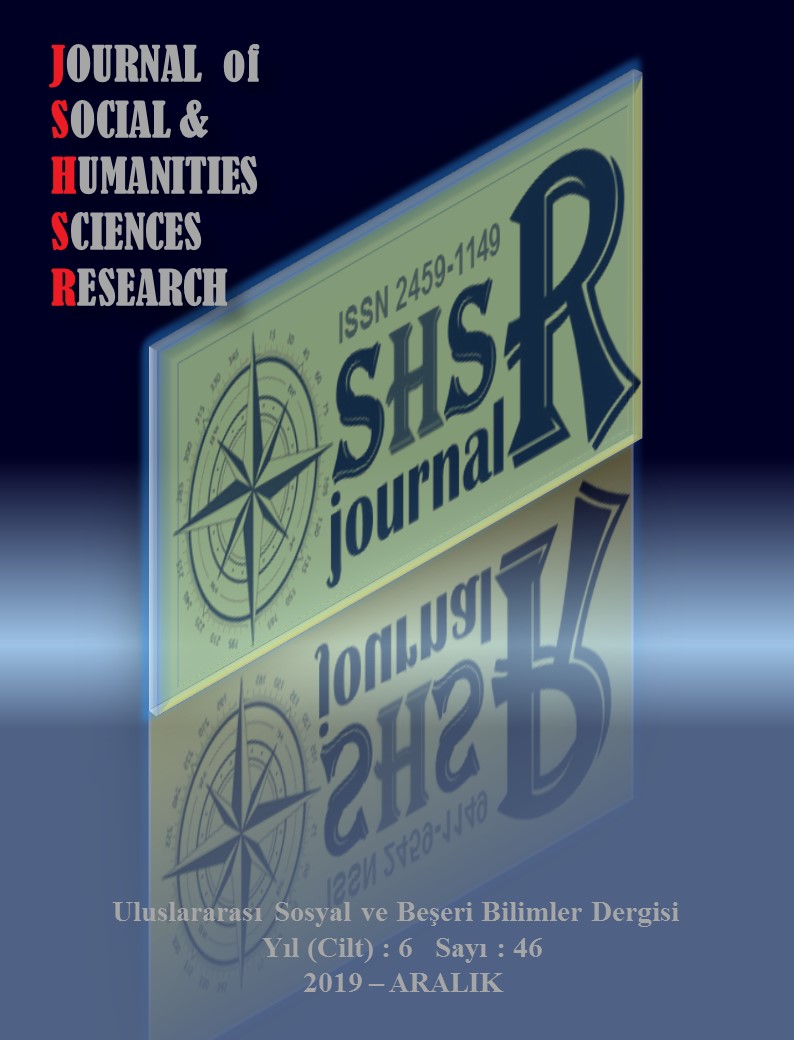GECEYARISI ÇOCUKLARINA METİNLERARASI İNCELEME
DOI:
https://doi.org/10.26450/jshsr.1613Keywords:
Intertextuality, History, Salman Rushdie, Midnight’s ChildrenAbstract
Born on June 19, 1947, in Bombay, India, Salman Rushdie is one of the most prominent and controversial novelists of the
twentieth century. Despite the failure of “Grimus” and “Satanic Verses” sensational and negatory effect of upon the world
mostly overshade Rushdie’s other works significance and detailed examination, his second novel ‘Midnight’s Children’ take
awarded ‘Booker of Bookers’ in 1993 and ‘Best of the Booker’ in 2008. And, at present, ‘Midnight’s Children’ is one of the
most remarkable works in literature. In this novel, Rushdie compound and harmonize to Indian’s history with the protagonist
Saleem Sinai’s life. Saleem’s autobiography solely narrates not only his individual life story, but also the entire history of
postcolonial independent India. Because, Saleem Sinai and freshly independent India was born at the very moment on 15
August 1947 and due to both of thems fate handcuffed to each other. Thereafter every incident taken place in India redound on
Saleem’s life profoundly. Rushdie narrate his autobiographical story rather than the history of India. Rushdie load and transfer
to his transnational backgrounds upon the Saleem Sinai’s life and when he did these, he had benefit his county myths, history,
traditions and values. Shortly, India is the common ground of many cultures, languages, religions, myths, values, traditions and
India is the source of inspiration for Rushdie’s works. In this article , ‘Midnight’s Children’ and its relation with history wiil
be analyzed in the context of intertextuality. According to intertextual theory, a text has not ever independence, univocal,
undistorted and peerless just like as it’s not Saleem Sinai, Salman Rushdie and postcolonial independent India.
Downloads
Published
How to Cite
Issue
Section
License
Copyright (c) 2019 INTERNATIONAL JOURNAL OF SOCIAL HUMANITIES SCIENCES RESEARCH

This work is licensed under a Creative Commons Attribution 4.0 International License.


